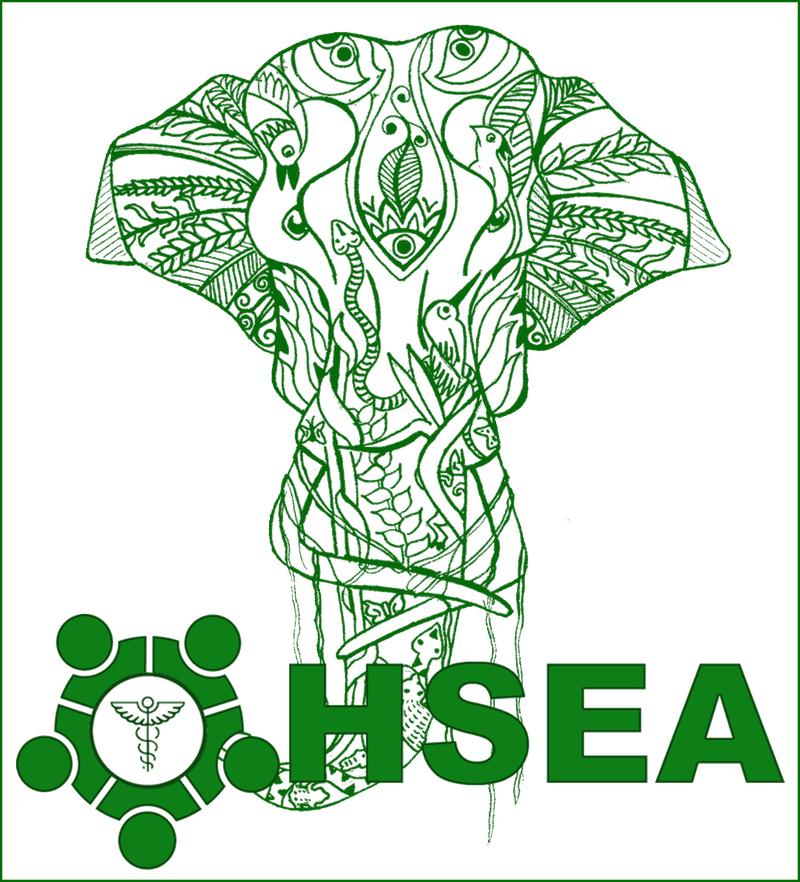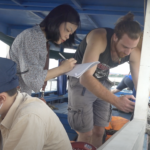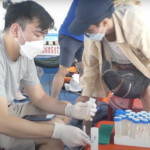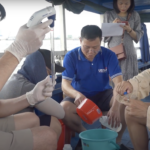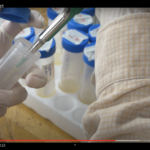AMR Water Circulation amongst several countries of the Mekong and its Delta
PITCH
INTRODUCTION TO THE PROJECT
Over the past few decades, antimicrobial resistance (AMR) has been on the rise worldwide and is now considered a major public health threat. Rivers and their mouths, through their intricate connections with human activities, are potential foci for the emergence and spread of AMR on a wide scale between terrestrial and marine ecosystems, at the interface of humans, animals and the environment. In particular, the Mekong River flowing through China, Myanmar, Thailand, Laos, Cambodia and Vietnam, is likely to play a critical role in the dissemination of pathogens, antibiotic resistance genes (ARG) or pharmaceutical residues across South-East Asia as a whole, a well-known hotspot for global AMR emergence. The One Health concept, fostering a collaborative relationship between human, animal and environmental health partners, is critically needed to understand the determinants of AMR circulation along the Mekong, and to define strategies to mitigate it. Here, we propose an interdisciplinary project focusing on the study of AMR circulation in Cambodia and Vietnam along the Mekong River, one of the largest rivers in the world.
PROJECT IN ACTION
In accordance with the One Health approach, this project has mobilised experts in microbiology, microbial ecology, human and veterinary health, chemistry, epidemiology, hydro-geology and anthropology. The main objective was to study the contribution of Mekong River to the transmission and dissemination of AMR in 2 countries, and to gain insights into the dynamics of this process in relation to parameters such as the anthropologic activity (urbanized or industrial areas, farming, aquaculture…), climatic conditions, seasonality or hydrogeology of the river. More specifically, the research team aimed to :
Task 1: Investigate the presence, distribution and dynamics of AMR-related determinants along the Mekong River (including the flow of bacterial pathogens, resistance genes, antibiotic residues)
Task 2: Study the spread of AMR from river to human habitats with a One Health perspective, as well as identify the socio-anthropological factors behind this dissemination.
In practice, the first step of the project have consisted in the organisation of a workshop to gather experts of their respective fields from Vietnam, Cambodia and France in order to connect with each other, exchange ideas, define standardized protocols and co-construct a full project for answering a call for proposals. Other partners from Laos, Thailand, China and Myanmar will be invited to participate.
The second step have consisted in the identification of key target sites and in a preliminary water sampling, followed by pilot microbiological and physico-chemical analysis in order to ensure the quality and harmonization of protocols among the different partners. These pilot analysis included the identification and characterization of bacterial pathogens (antibiotic-resistant phenotypic and genotypic profiles), the quantification of antibiotic residues and the measurement of some hydrological and physico-chemical parameters.
- Sampling water from Mekong river and delta
- Labelling and preparing the tubes for the sampled water
- Sampled water transferred in tubes for analysis
- Close up
NEXT STEPS
From this preliminary project, we ultimately aim to build an ambitious collaborative One Health proposal at the regional level including all 6 Mekong countries (China, Myanmar, Thailand, Laos, Cambodia and Vietnam) to study the role played by the Mekong River in the emergence and dissemination of AMR, from land to sea.
AMR ON THE WEB
XXX
CONTACT
Research leader : Quang Huy NGUYEN nguyen-quang.huy@usth.edu.vn
Associated researchers :
Chanthol Peng (peng@itc.edu.kh)
Sokleaph Cheng (csokleaph@pasteur-kh.org)
Florian COMMANS (florian.commans@gmail.com)
Anne-Laure BANULS (anne-laure.banuls@ird.fr)
Countries involved : Vietnam, Cambodia and France
